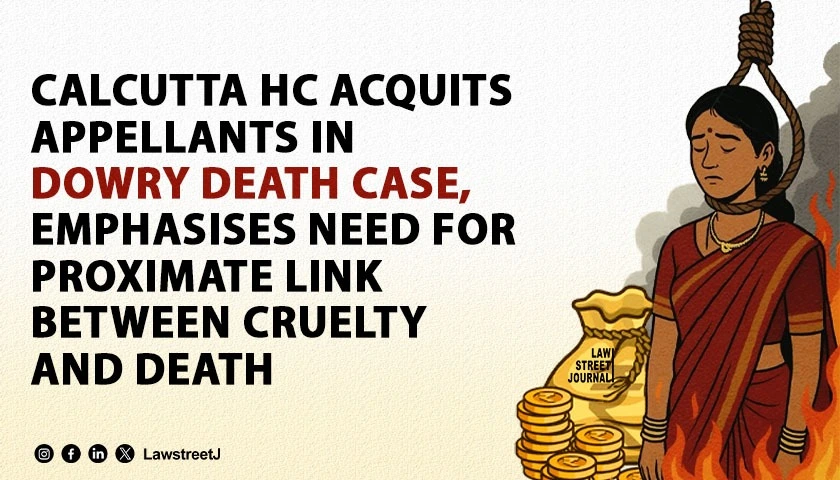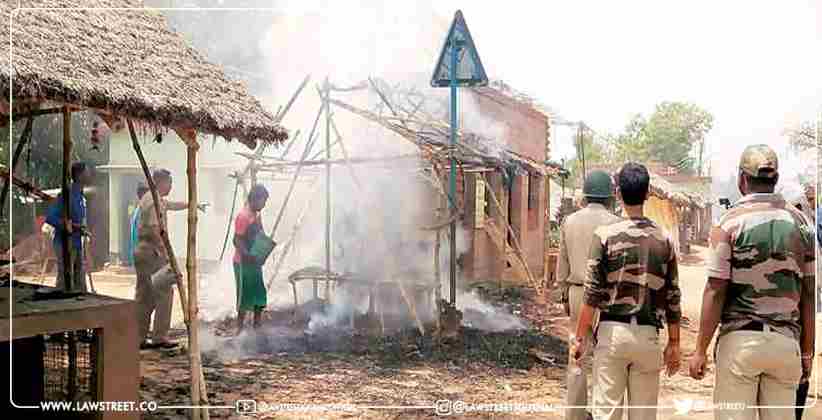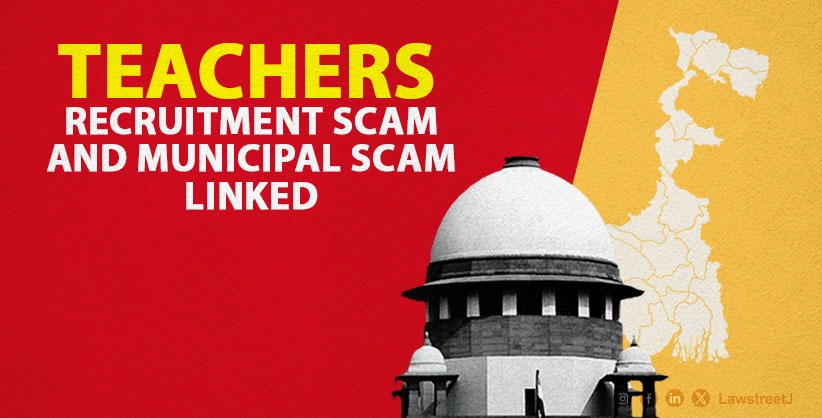Kolkata: The Calcutta High Court has delivered a significant judgment acquitting two appellants in a dowry death case, emphasizing the crucial requirement of establishing a proximate link between the alleged cruelty and the victim’s death under Section 304B of the Indian Penal Code.
The bench of Justice Prasenjit Biswas heard the criminal appeal filed by Mubarak Ansari and another against their conviction by the Additional Sessions Judge, Fast Track 2nd Court, Islampur, Uttar Dinajpur. The appellants had been sentenced to seven years’ imprisonment under Section 304B IPC and one year’s imprisonment with fine under Section 498A IPC.
Addressing the core issue of temporal proximity, the court observed, “On a plain reading of the language used in Section 304B of the Indian Penal Code, it is clear that in order to attract the provision of Section 304B, the deceased must have been subjected to harassment or cruelty ‘soon before her death’. In other words, there should be a perceptible nexus between her death and dowry-related harassment.”
The court highlighted a critical gap in the prosecution’s case, stating, “It is said by the de-facto complainant (PW10) that the victim was at her parental house with the de-facto complainant and returned to the matrimonial house on 25.05.2007 and died on 26.05.2007. There is no evidence brought by the prosecution to show that between 25.05.2007 and 26.05.2007 the victim was subjected to torture by the appellants.”
In a significant legal interpretation, the court stated, “The said phrase, no doubt, is an elastic expression and can refer to a period either immediately before her death or within a few days or even a few weeks before it. But the proximity to her death is the pivot indicated by that expression.”
The court emphasized the inadequacy of evidence regarding dowry demands, noting that the prosecution failed to establish concrete proof of harassment or cruelty in connection with dowry demands soon before the victim’s death.
The judgment referred to multiple Supreme Court precedents, including Rajesh Chaddha vs State of Uttar Pradesh, Major Singh vs State of Punjab, and Baijnath vs State of Madhya Pradesh, to support the legal reasoning for acquittal.
The court directed that the appellants be acquitted of all charges and set at liberty, finding that the prosecution had utterly failed to substantiate the charges beyond a reasonable doubt.
Case Title: Mubarak Ansari & Anr. Vs. The State of West Bengal





![Calcutta High Court conducts late-evening hearing, orders release of lawyer arrested inside court [Read Order]](/secure/uploads/2023/12/lj_4146_Court_lawyers_arrest.jpg)
![Indian Courts this Week: Law Street Journal's Weekly Round-Up of SC & HCs [Jan 1 - Jan 6]](/secure/uploads/2024/01/lj_9050_WhatsApp_Image_2024-01-06_at_12.07.10_PM.jpeg)




